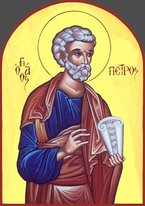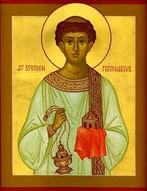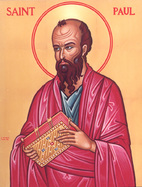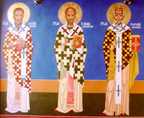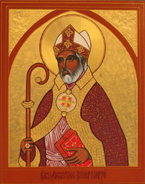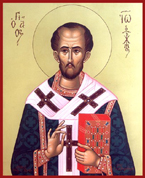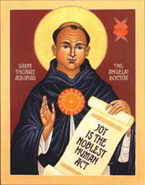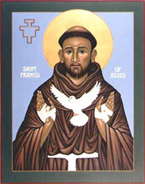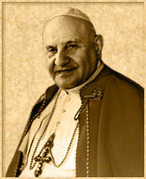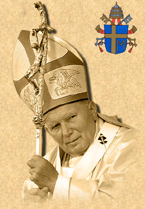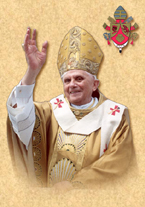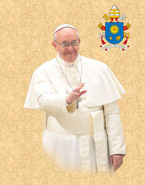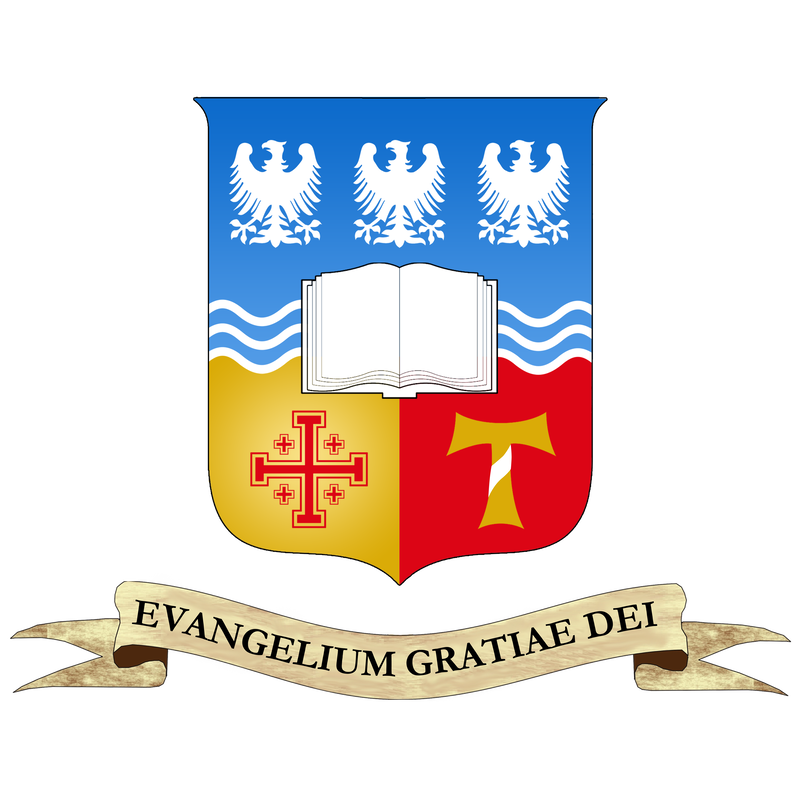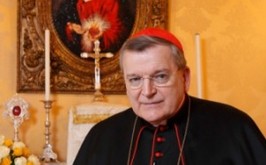 I get it. He happens to be a Cardinal who sharply and unapologetically tries to stay as close as possible to what many deem to be "manmade" traditions of the Church, a crony of the previous pope (who, incidentally, a particular bishop -- not my own bishop -- told me in my face should be shot dead because he thought I too was a militant crony of the previous pope), an archaic never-evolving stiff-necked conservative who gives the Catholic Church a bad name. So his removal from the Apostolic Signatura and subsequent transfer to the Order of Malta is interpreted as a sign of the present reigning Monarch of the Church not being in favour of such conservatism. Writing on a topic like this is obviously not how one should want to start off for the year. I certainly do have other more introspective reflections to write as I think about the year past and the year ahead, but I suppose this one is more pressing given that a number of people have approached me to ask my view on the recent "demotion of Cardinal Raymond Burke". I am no Cardinal, that's for sure (and thank God I'll never have to be one), but to a much lesser extent, I have also been "politically interpreted" before when I abdicated from certain structural positions and responsibilities in the Church -- not only by laity, but even more so by clerics themselves. This is just how people choose to interpret things; everything is conspiracy laden and politically motivated, and they wouldn't have it any other way no matter what you say. So the questions directed to me, and perhaps questions along the same lines in the minds of many Catholics and non-Catholics around the world, are, 1) Was Cardinal Burke demoted because he was against the Pope? 2) Is the Pope free to encourage change to the Church's teachings? We very often try to analyse the Church politically. This is a mistake on two counts. Firstly, it ignores the fact that the one ultimately guiding the Church is the Holy Spirit Himself, and it constitutes gross error when we assume that one man (even if he is the Pope) can single-handedly steer, manipulate, change, deny or corrupt the truth handed down by Christ and His Apostles without any sort of Divine intervention. Secondly, such speculation often assumes in a conceited way that we are very well-versed with the inner workings of the Holy See. When we speak of such things, we conveniently assume that we have full knowledge of how the Holy See functions. Truthfully, the only certainty any of us can have on this matter is that our assumption of full knowledge is presumptuously wrong. The only honest answer we can give to this question of whether Cardinal Burke was actually demoted is "We don't know", so that no one can selfishly use this transfer of office to support their own selfish agenda. As to whether the Pope is free to encourage change to the teachings of the Church, that depends on the extent to which we believe that the Holy Spirit guards the integrity of the papal office in spite of and not because of its incumbent. On the more direct question of whether the removal of Cardinal Burke was politically motivated, I guess the only reliable answer should be the one coming from the mouth of the Holy Father (this quoted from here: The process of Vatican reform was a factor in the replacement of Cardinal Raymond Burke, the Pope said. He disclosed that when Cardinal Burke asked about his future as head of the Apostolic Signatura, he replied that it was unclear because the Council of Cardinals was considering a restructuring of the Vatican tribunals. “After that the issue of the Order of Malta cropped up and we needed a smart American who would know how to get around and I thought of him for that position,” the Pope told Piqué. He said that he had deliberately delayed the announcement of the change so that Cardinal Burke would be able to participate in the October meeting of the Synod. Make of it what you will, because any interpretation we give to the Holy Father's act beyond that which has been publicly revealed is a purely subjective and unsubstantiated waste of time, to be truthful. Politics in the Church, there surely is. It has been so for 2,000 years. Abuses, conspiracies, manipulation, self-motivated agenda, clerical careerism, all these have been part of the polity of the Church in centuries past and continues to be so. It would be naive, even foolish, to think that this doesn't exist even in our own local Church. And the bunch of humans who make up the Church and who are responsible for all this politics is much more complicated than we armchair analysts can even begin to understand, because the inner workings of the Church at its highest level remain, if anything, a mystery to us. The single most important thing is to remember that despite the human imperfections characteristic of those governing God's Church, He remains the Sovereign Custodian of the truths which He Himself revealed to His Church. There is a tendency to romanticise the Church, either by entertaining the misperceived notion that she is totally free from the taint of human disorder, or conversely, the peculiar observation that she is nothing more than a powerhouse of ecclesial political animals rendering God voiceless, and both perspectives would be wrong. In the final analysis, I wouldn't want to pay so much attention to such things. Such politics was not why I became Catholic and it's hardly likely the thing that will keep me Catholic. Let those who speculate, speculate... meanwhile, there is a Gospel to be preached and a world that needs it.
2 Comments
john tan
3/1/2015 03:15:04 am
Well written article to start the new year, Deacon. Plenty to reflect upon. God's ways are certainly not our ways and there will always be politicking when our egos continue to impinge on our thoughts.
Reply
Moses Foo
9/1/2015 08:30:12 am
Hello Deacon. Thanks for the thought.
Reply
Leave a Reply. |
Categories
All
Archives
December 2021
|
|
FOLLOW DEACON SHERMAN DEACON'S FORMATION FB GROUP
© 2021 Sherman Kuek. All rights reserved.
|

 RSS Feed
RSS Feed
